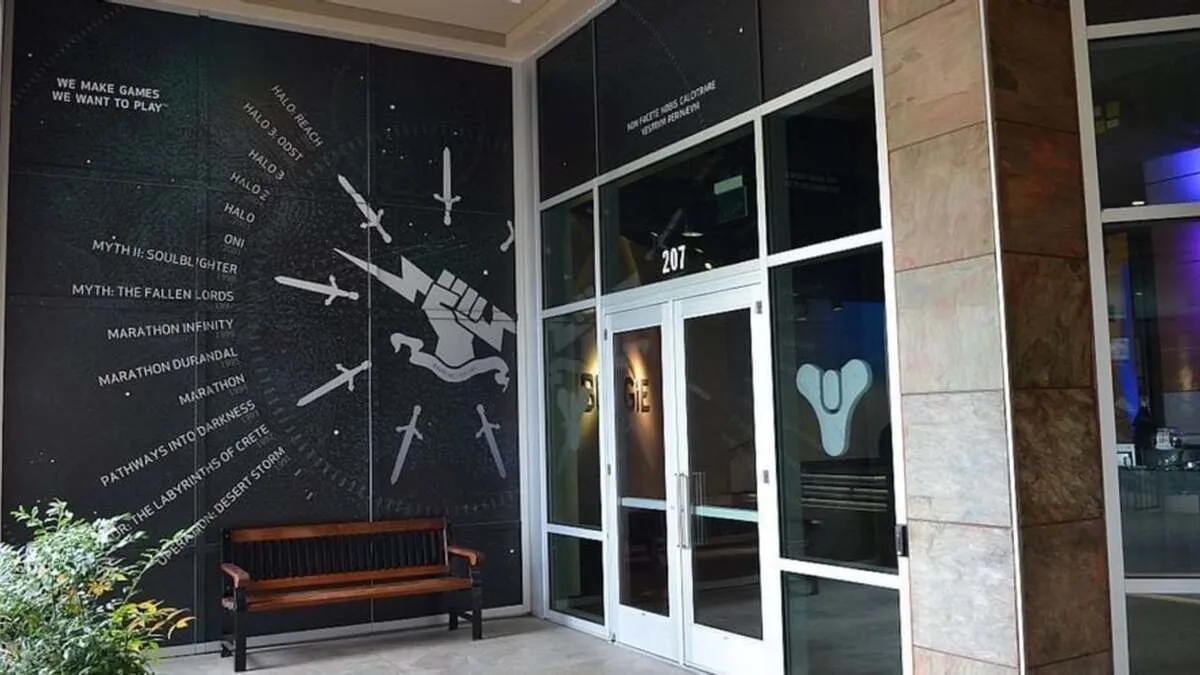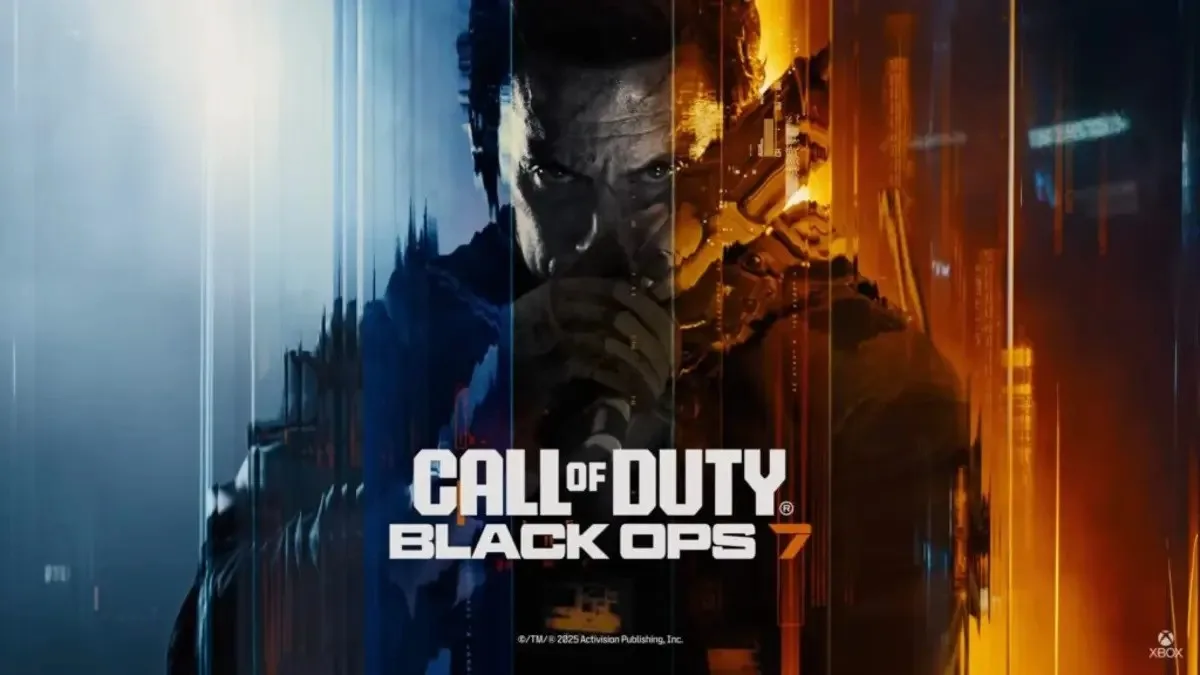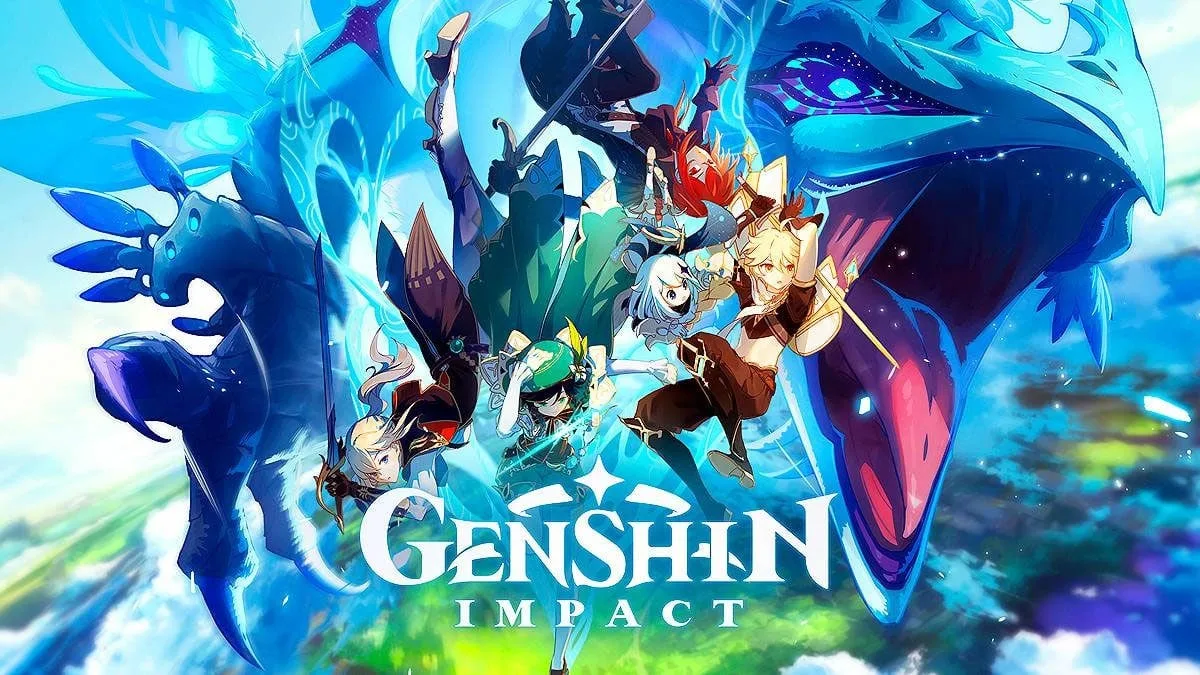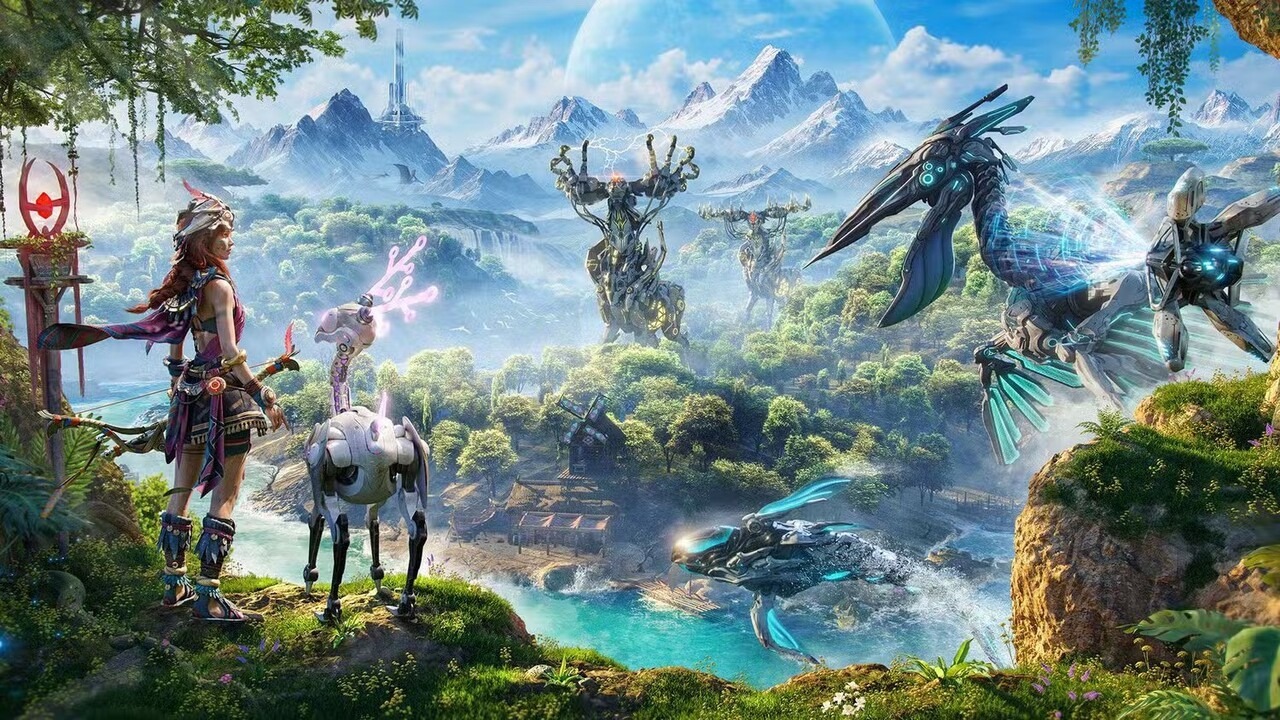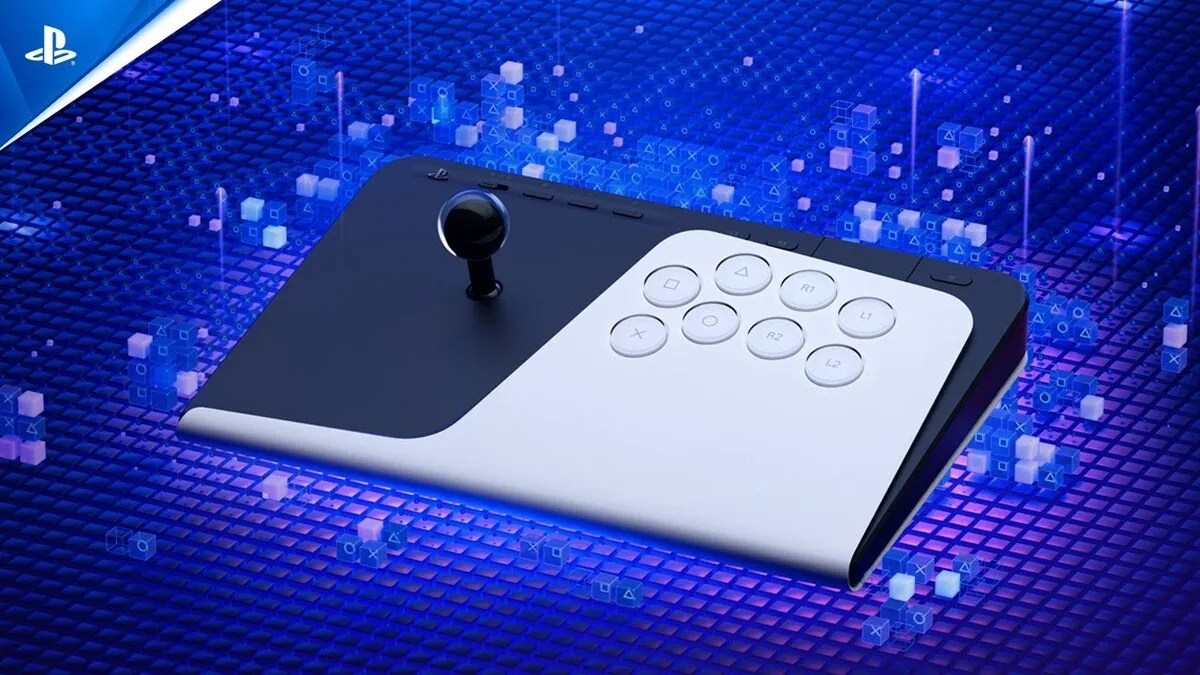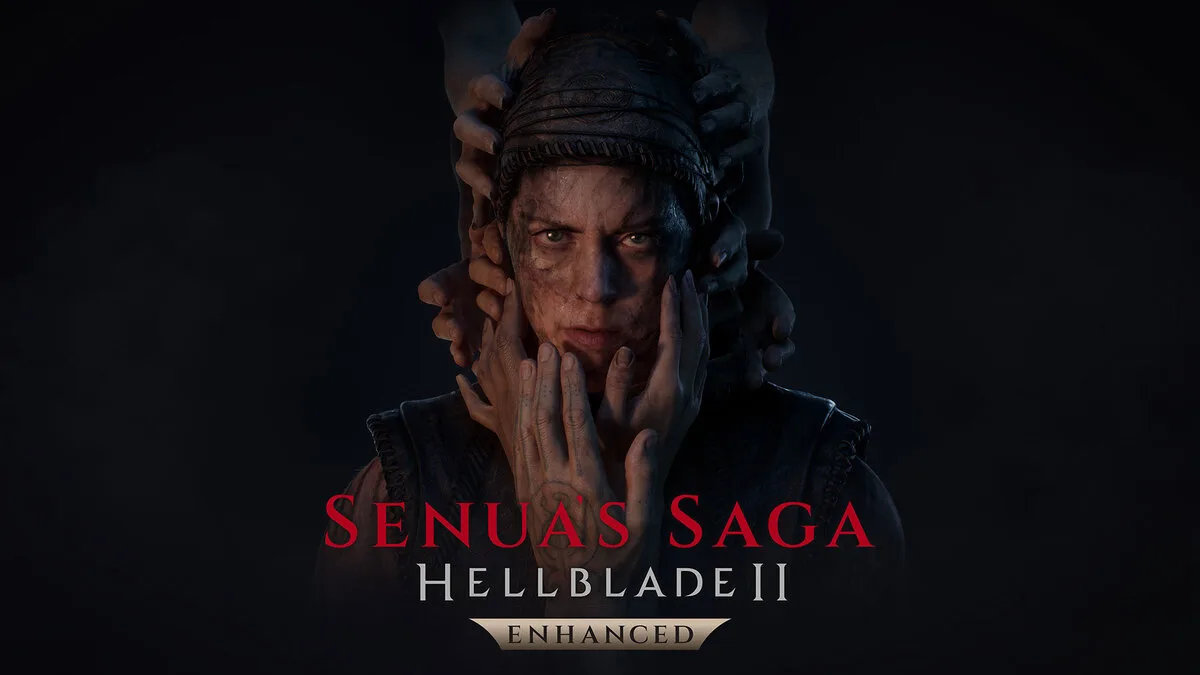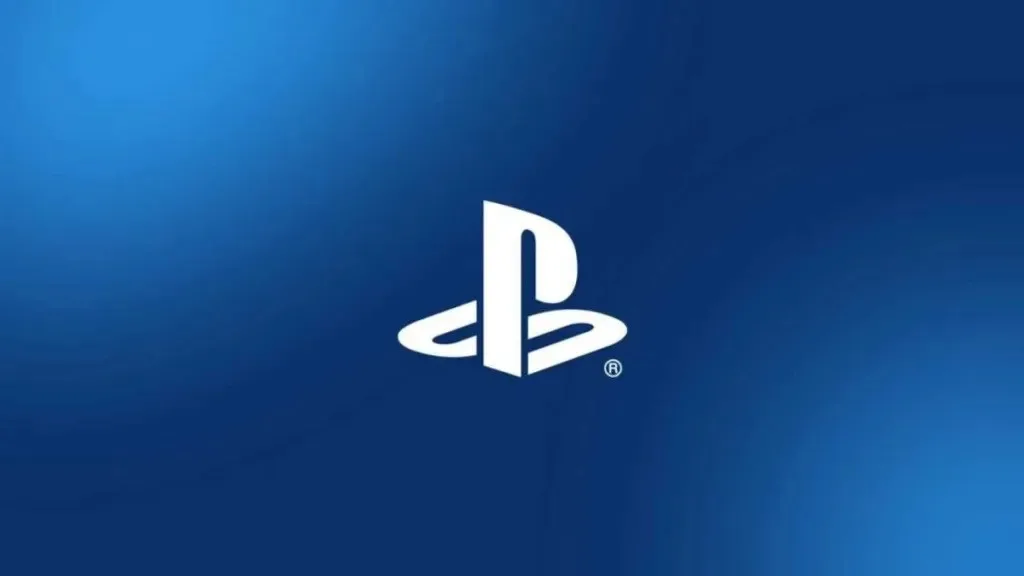
Both Playstation 5 & 4 updates have made PS gamers happy this week!
Sony just dropped firmware updates for both the PS4 and PS5, and while one is subtle and the other substantial, together they signal a shift in how the PlayStation ecosystem is evolving. Whether you’re a… Both Playstation 5 & 4 updates have made PS gamers happy this week!
